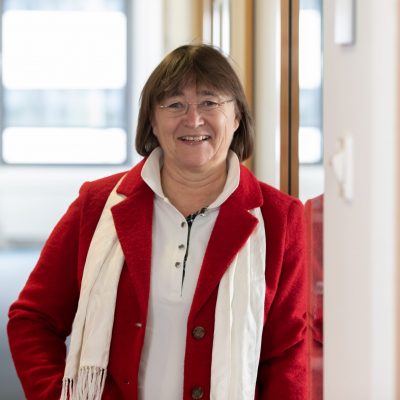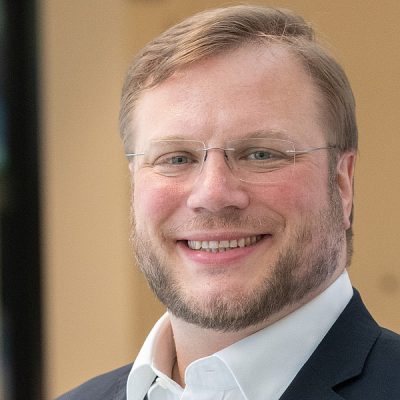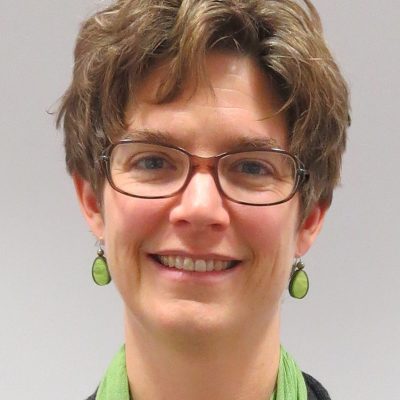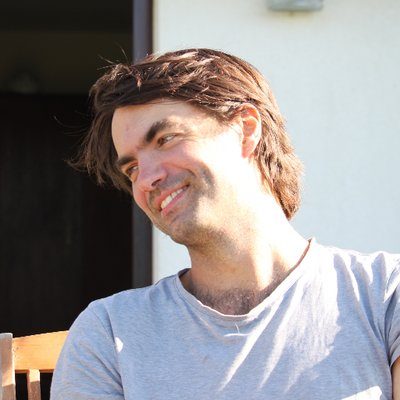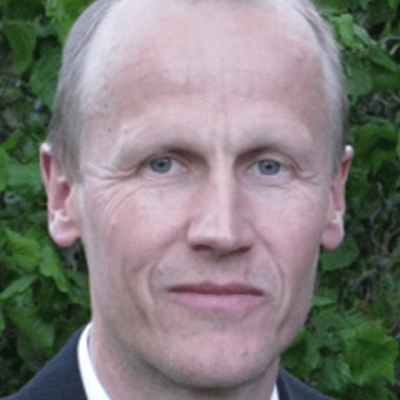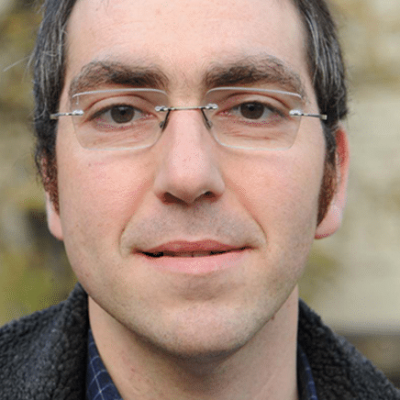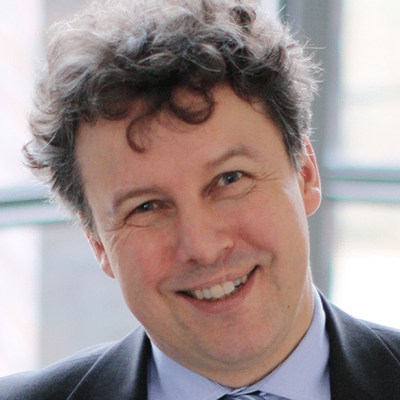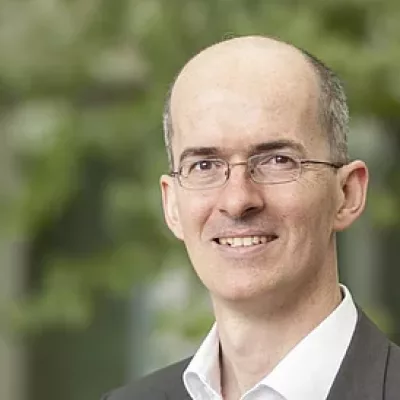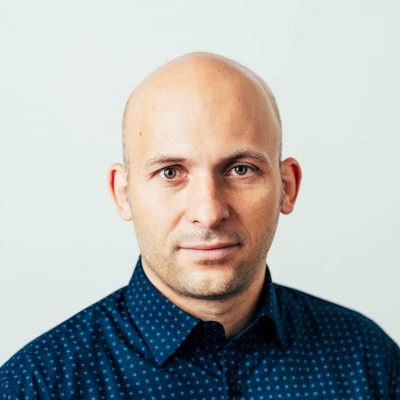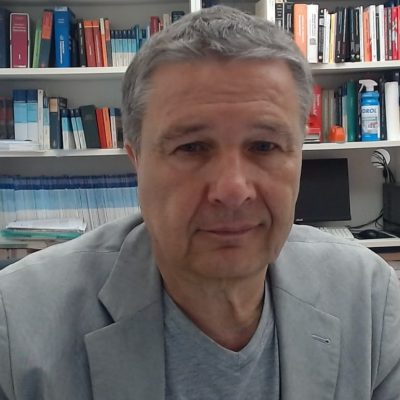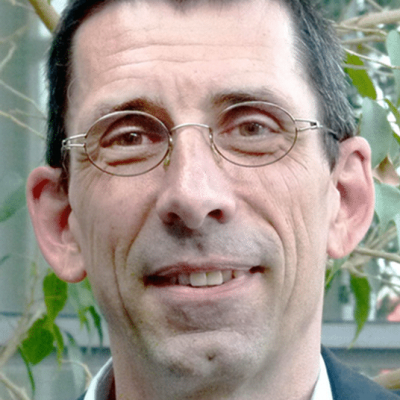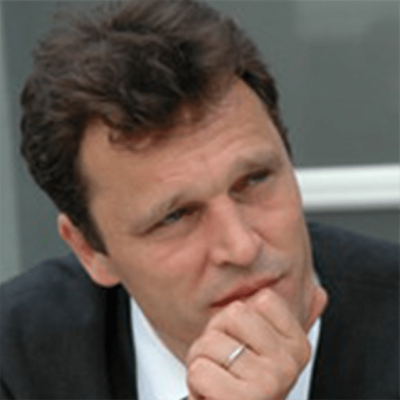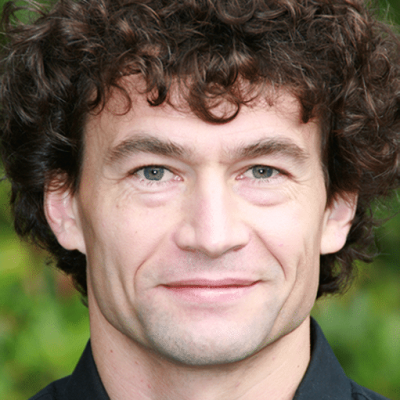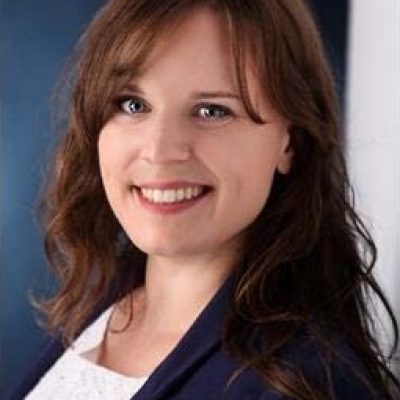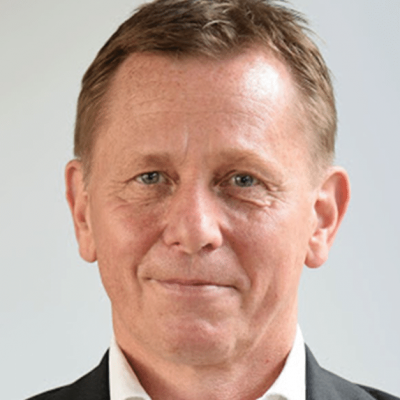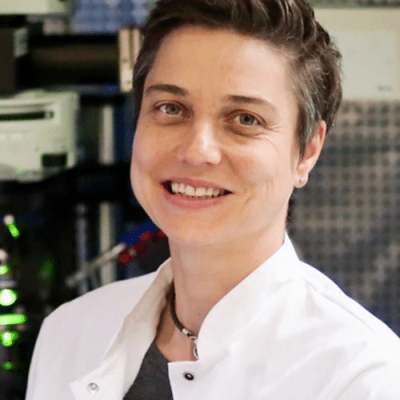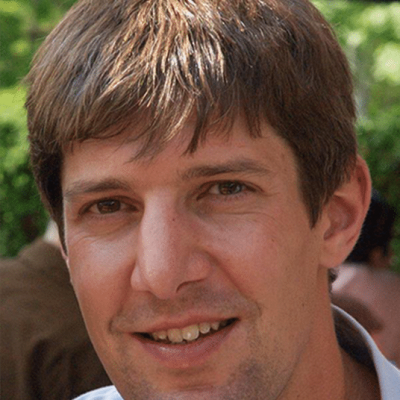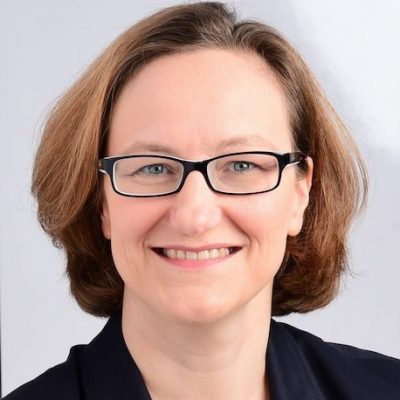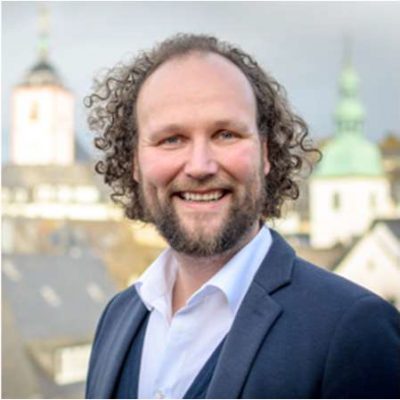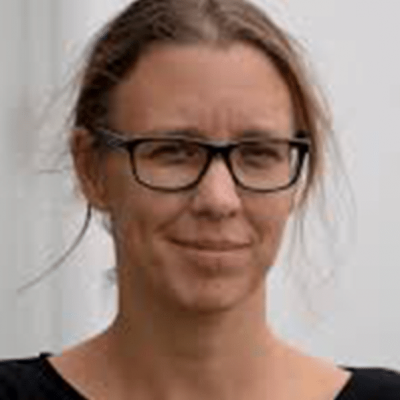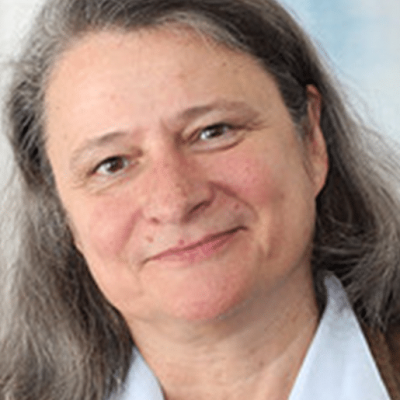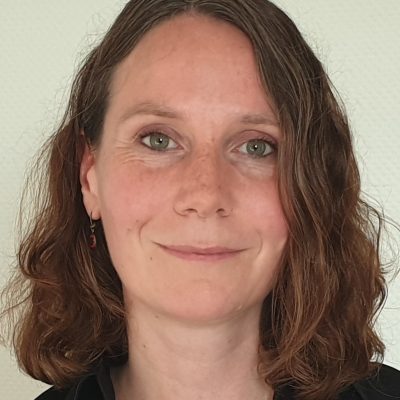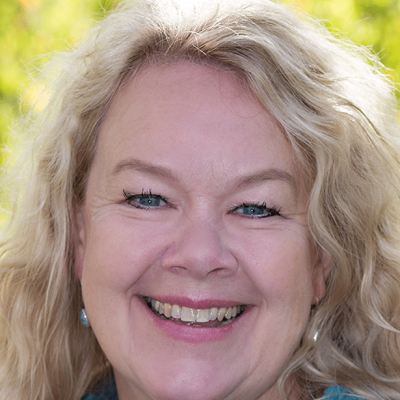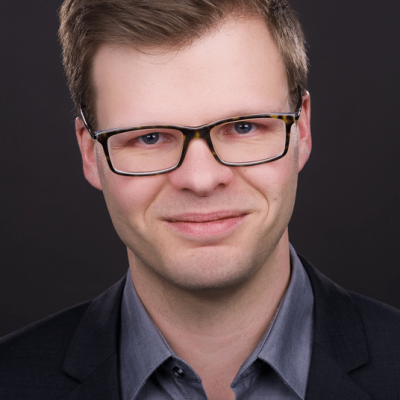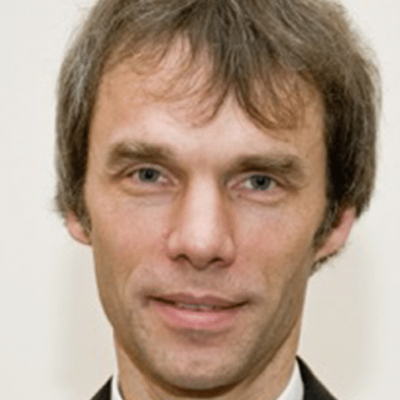Mitglieder von Minds, Media, Machines

- Sprecherin
- Prof. Tanja Schultz
- Fachbereich 3 - Mathematik & Informatik
- Fachgebiet: Cognitive Systems; Biosignal Processing; Human-centered AI Technologies; Speech Recognition and Speech Synthesis
- Sprecher
- Prof. Michael Beetz
- Fachbereich 3 - Mathematik & Informatik; Institut für Künstliche Intelligenz
- Fachgebiet: Artificial Intelligence; Cognition-enabled control of robotic agents
- Prof. John Bateman
- Fachbereich 10 - Sprach- und Literaturwissenschaften
- Fachgebiet: Übersetzungswissenschaft und Linguistische Datenverarbeitung
- Prof. Dagmar Hella Borchers
- Fachbereich 09 Kulturwissenschaften
- Fachgebiet: Angewandte Philosophie
- Prof. Andreas Breiter
- Fachbereich 3 - Mathematik & Informatik
- Fachgebiet: Informations- und Wissensmanagement in der Bildung
- Prof. Benjamin Müller
- Fachbereich 7 - Wirtschaftswissenschaft
- Fachgebiet: Digitales Geschäft, Digitalisierung und Digitale Innovation.
- Prof. Christof Büskens
- Fachbereich 3 - Mathematik & Informatik
- Fachgebiet: Optimization; Optimal Control; Feedback Control; Identification of Parameters; Dynamic Systems; Real-Time Systems; Industrial Mathematics; Scientific Computing
- Prof. Vanessa Didelez
- Fachbereich 3 - Mathematik & Informatik
- Fachgebiet: Statistik (Causal Learning and Inference, Time-to-Event Data, Observational Studies)
- Prof. Christian Katzenbach
- Fachbereich - 9 Medien- und Kommunikationswissenschaften
- Fachgebiet: Plattform Governance; Künstliche Intelligenz; Diskurse der Digitalen Gesellschaft; Forschungsdaten; Open-Access-Finanzierung; Medien- und Internet-Regulierung
- Prof. Armin Dekorsy
- Fachbereich 1 - Physik & Elektrotechnik
- Fachgebiet: Communications Engineering
- Prof. Thorsten Dickhaus
- Fachbereich 3 - Mathematik & Informatik
- Fachgebiet: Multiple testing; Theory of nonparametric tests; Statistical applications in the life sciences
- Prof. Rolf Drechsler
- Fachbereich 3 - Mathematik & Informatik
- Fachgebiet: Computer Architecture (systems descriptions, test and verification, synthesis) Further Information: Group of Computer Architecture; Group of Reliable Embedded Systems; DFKI Cyber Physical Systems
- Prof. Udo Frese
- Fachbereich 3 - Mathematik & Informatik
- Fachgebiet: Multi-sensorial interactive systems; multi-sensor fusion involving computer vision, robotics
- Prof. Horst Hahn
- Fachbereich 3 - Mathematik & Informatik
- Fachgebiet: Digitale Medizin; Gesundheitsforschung; medizinische Bildgebung
- Prof. Andreas Hepp
- Fachbereich - 9 Medien- und Kommunikationswissenschaften
- Fachgebiet: Kommunikations- und Medienwissenschaft mit dem Schwerpunkt Medienkultur und Kommunikationstheorie
- Prof. Nico Hochgeschwender
- Faculty 3 - Mathematics & Computer Science
- Fachgebiet: Software Engineering for Cognitive Robots, Trustworthy AI and Robotics, Benchmarking and Performance Evaluation of Cognitive Robots and Systems, Collaborative Robotics
- Prof. Manfred Herrmann
- Fachbereich - 11 Human- und Gesundheitswissenschaften
- Fachgebiet: Cognitive Neuroscience / Neuropsychology
- Prof. Thomas Hoffmeister
- Fachbereich 2 - Biologie & Chemie
- Fachgebiet: Populations- und Evolutionsökologie
- Prof. Frank Kirchner
- Fachbereich 3 - Mathematik & Informatik
- Fachgebiet: Robotik; langfristig autonome Roboter unter realen Umweltbedingungen
- Prof. Rainer Koschke
- Fachbereich 3 - Mathematik & Informatik
- Fachgebiet: Software Engineering, Program Analysis, Software Evolution, Information Security
- Prof. Louisa Kulke
- Fachbereich 11 - Human- und Gesundheitswissenschaften
- Fachgebiet: Developmental Psychology, Attention, Social Interaction
- Prof. Peter Maaß
- Fachbereich 3 - Mathematik & Informatik
- Fachgebiet: Inverse problems; wavelet-analysis; mathematical methods of signal -and image processing
- Prof. Rainer Malaka
- Fachbereich 3 - Mathematik & Informatik
- Fachgebiet: Digital media; Human-Computer Interaction; Artificial Intelligence; human computation and entertainment computing
- Prof. Olivia Masseck
- Fachbereich 2 - Biologie & Chemie
- Fachgebiet: Neurosciences, Optogenetics, Serotonin
- Prof. Sebastian Maneth
- Fachbereich 3 - Mathematik & Informatik
- Fachgebiet: Databases; Automata Theory and Applications; Data Compression
- Prof. Nicole Megow
- Fachbereich 3 - Mathematik & Informatik
- Fachgebiet: Combinatorial optimization, efficient algorithms, optimization under uncertainty, applications in production and logistics
- Prof. Dr. Björn Niehaves
- Faculty 3 - Mathematik & Informatik
- Fachgebiet: Urban & Government Technology, Human-AI-Interaction, Ethics & Responsible Design
- Prof. Steffen Paul
- Fachbereich 1 - Physik & Elektrotechnik
- Fachgebiet: IoT; wireless systems
- Prof. Kerstin Radde-Antweiler
- Fachbereich - 9 Kulturwissenschaften
- Fachgebiet: Literaturen und Medien der Religionen
- Juniorprof. Daniel Schmand
- Fachbereich 3 - Mathematik & Informatik
- Fachgebiet: Algorithmische Spieltheorie, Diskrete Optimierung, Effiziente Algorithmen, Optimierung unter Unsicherheiten
- Fachgebiet: Theoretical math - Logic in computer science, Algorithmic graph structure theory, Parameterized complexity theory, Finite model theory
- Prof. Bettina von Helversen
- Fachbereich 11 - Human- und Gesundheitswissenschaften
- Fachgebiet: Cognitive Psychology, Judgment and Decision Making
- Prof. Karsten D. Wolf
- Fachbereich 12 - Erziehungs- und Bildungswissenschaften
- Fachgebiet: Medienpädagogik und Didaktik multimedialer Lernumgebungen am Fachbereich Erziehungs- und Bildungswissenschaften
- Prof. Karin Wolf-Ostermann
- Fachbereich 11 - Human- und Gesundheitswissenschaften
- Fachgebiet: Pflegewissenschaftliche Versorgungsforschung
- Prof. Marvin N. Wright
- Fachbereich 3 - Mathematik & Informatik; Leibniz Institute for Prevention Research and Epidemiology - BIPS
- Fachgebiet: Statistical Machine Learning, Explainable AI, Biostatistics
- Prof. Gabriel Zachmann
- Fachbereich 3 - Mathematik & Informatik
- Fachgebiet: Virtual reality, computer graphics, geometric computing, visual computing, medical virtual simulators, virtual space mission simulation.
Prof. Dr. Christian Freksa ( † 12.11.2020)
Prof. Dr. Manfred Fahle ( † 26.02.2020)
Prof. Benedikt Buchner (Alumnus)
Prof. Dr. Ron Kikinis (Alumnus)
Prof. Dr. Walter Lang (Alumnus)
Prof. Dr. Johannes Schöning (Alumnus)
Prof. Carsten Lutz (Alumnus)
MMM-Lenkungskreis
Der Lenkungskreis ist das zentrale Entscheidungsgremium von MMM. Er richtet die strategische Planung von MMM entlang des Auftrags, der Vision und der Werte von MMM aus. Der Lenkungskreis wird von der MMM-Hauptversammlung gewählt und durch das Sprecherduo geleitet. Die derzeitigen Mitglieder des Vorstands sind: Prof. Tanja Schultz, Prof. Michael Beetz, Prof. Andreas Breiter, Prof. Rolf Drechsler, Prof. Andreas Hepp, Prof. Manfred Herrmann, Prof. Frank Kirchner, Prof. Rainer Malaka und Prof. Kerstin Schill.
Jetzt Mitglied werden
Wissenschaftler:innen, die an der Universität Bremen beschäftigt sind und Mitglied des MMM werden möchten, senden eine schriftliche Bewerbung
(per E-Mail) an den/die Sprecher:in.

